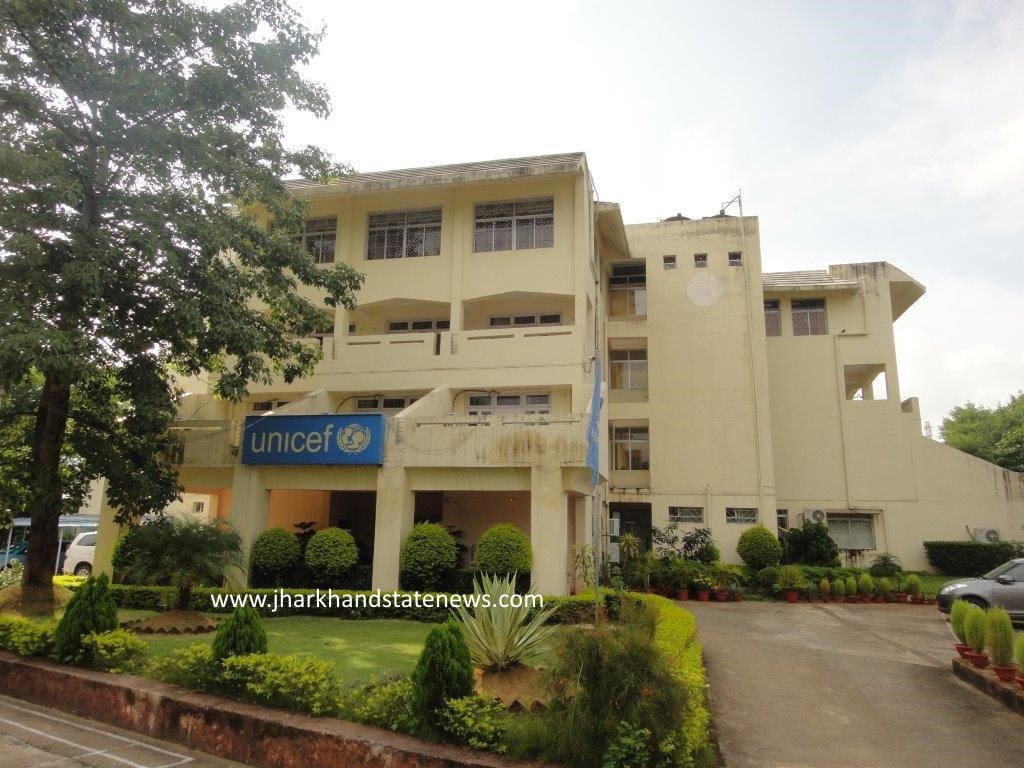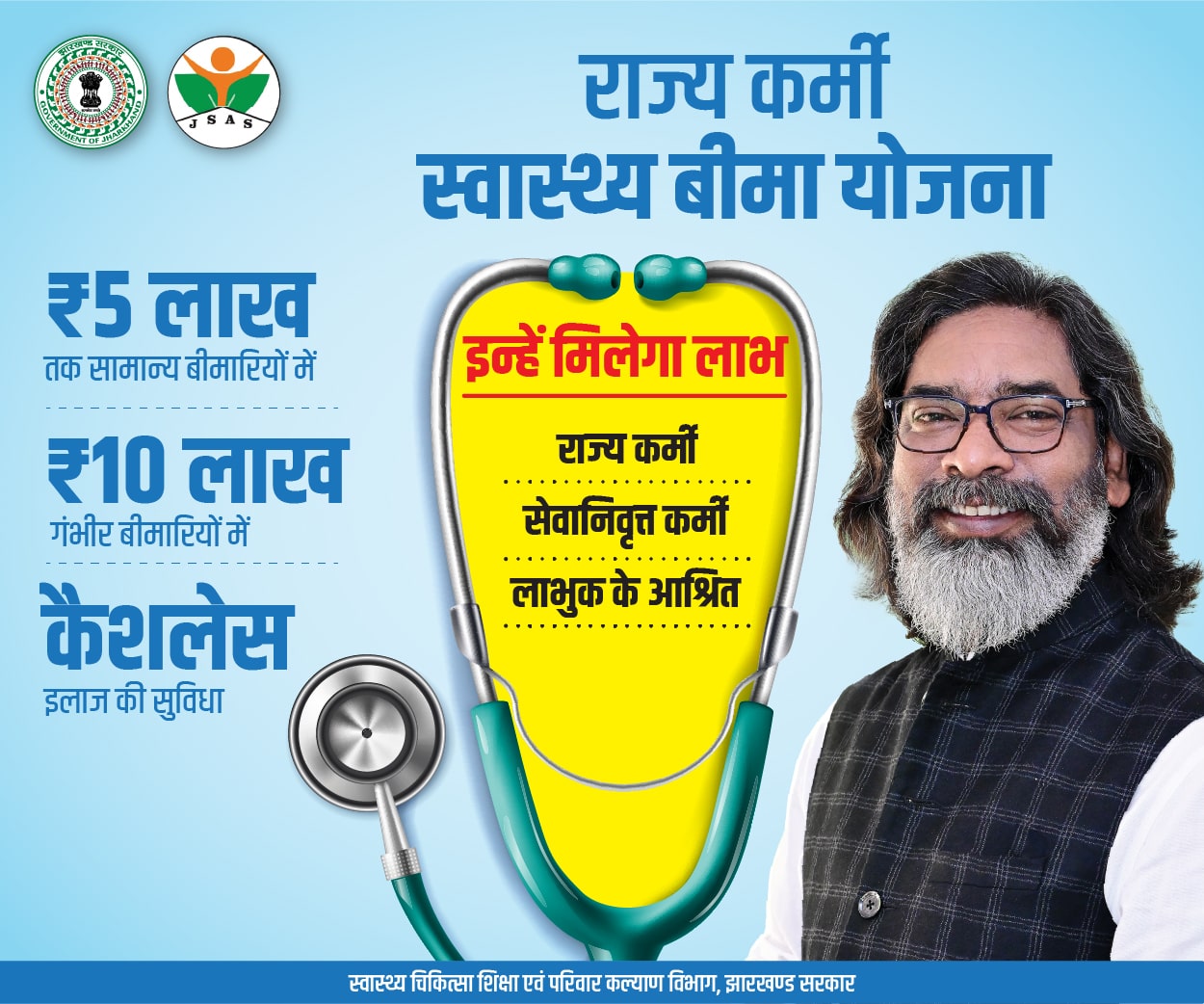
From Editor :
Dear all
Today when the entire planet is witnessing a war between Coronavirus and humans for survival, UNICEF is not sitting idle.
In its website-www.unicef.org.in, it has offered "Tips for parents on online safety."
"For parents: Keeping children safe online during the COVID-19 pandemic, "reads https://www.unicef.org/india/reports/parents-keeping-children-safe-online-during-covid-19-pandemic.
Against this backdrop, with school closures and self-isolation measures in place, www.jharkhandstatenews.com is publishing an exclusive message from UNICEF, Jharkhand Chief on Coronavirus and a way out of it.
Find time to read his viewpoint.
COVID-29 Forecast: Kindness and Compassion Will See Humans Through
Everybody knows that the COVID-19 pandemic is a crisis the likes of which none of us have ever experienced before.
It has led to sights that we all thought impossible: empty roads, silent markets, closed schools and confined lives. As with all emergencies, it is the poorest and the marginalised among us who are the most vulnerable, including women, children and persons with disabilities.
We are all aware of the hygiene, social distancing and handwashing practices that will protect us from infection.
These precautions must continue in the coming weeks so that we keep ourselves, our families, and our fellow citizens safe.
A crisis is also the time when we should be the kindest and most compassionate towards others. India’s battle against COVID-19 is the story of remarkable actions by people who have gone above and beyond the call of duty to save the lives of the infected, and common people who have taken great pains to be of service to their neighbours and friends.
However, there are also stories of discrimination against people suspected of carrying COVID-19 infections as well as health workers, doctors, nurses and religious and ethnic groups.
The fear of COVID-19 is understandable. It is new, we do not understand it completely and the best minds across the world are working hard to find a cure.
We in our homes. Some of us are getting sick. They are being quarantined and losing our livelihood. As the fight against COVID-19 is moving towards identified hotspots the chances of discrimination against the residents of those hotspots have increased.
This could adversely affect the fight against COVID-19, and we need to understand COVID-19 is a public health challenge that does not recognize race, religion or place of origin.
There is no single race, ethnicity, religious denomination or social group that is unaffected by it. The virus is a threat to us all, and we must fight it together.
Successfully overcoming COVID-19 requires that we create an atmosphere of support and compassion, so that people with symptoms are not afraid to get tested and can help health workers assess their symptoms and trace their contacts.
Small acts of kindness, while maintaining social distance, will make all the difference. We should speak up for those who are facing discrimination. We should help the elderly procure essential supplies and medicines.
When sharing information about COVID-19, we must verify its authenticity. Fact-checking is a life-saving practice during a public health emergency. It is also important that we take care of our own mental health to be able to see this challenge through.
The lockdown is a good time to connect with people we haven’t contacted in a long time.
Finally, let me reiterate that by being alert and careful, we will also be able to support health workers to do their jobs better. We must remember that only health professionals can diagnose COVID-19.
We must avoid jumping to conclusions when we see symptoms in ourselves and others. If we develop symptoms, we must seek help immediately for our safety and for the safety of those around us. It is also important to remember that there are no miracle cures to COVID-19.
Proven preventative measures such as handwashing and social distancing are our best defence.
Let me close by saying this: COVID-19 does not discriminate, but discrimination increases the chances of its spread. These are difficult times, but together, I have every hope that we will sail through.
(The writer is Chief Field Officer, UNICEF, Jharkhand)


